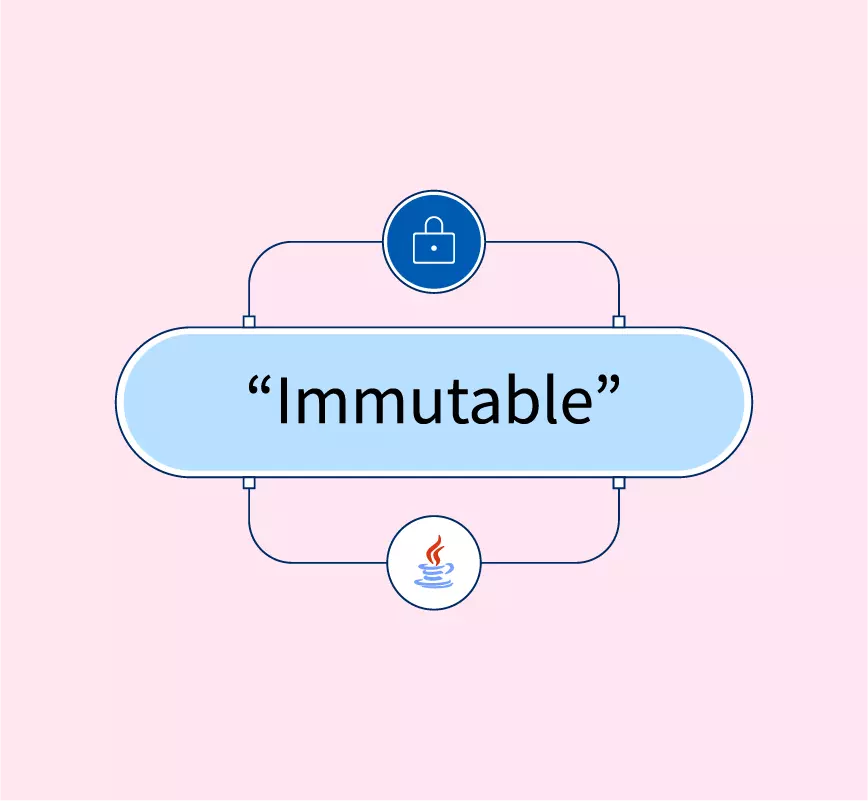What Is Immutable Strings and Just How It Works
In the realm of shows, comprehending the principle of unalterable strings is critical for producing safe and robust applications. Unalterable strings refer to strings that can not be changed after they are created, making sure information honesty and predictability within the code.
The Fundamentals of Unalterable Strings
Immutable strings, as an essential principle in programs, are character series that can not be transformed as soon as they are created. This implies that once a string is assigned a worth, that worth can not be changed. In languages like Python and Java, strings are immutable items, leading to different implications in regards to memory administration and data integrity.
Among the vital benefits of unalterable strings is that they provide a complacency in data control. Considering that the material of an immutable string can not be customized, it makes sure that the initial data stays intact, decreasing the threat of unplanned adjustments during program implementation (Why are strings immutable in Java?). This property additionally streamlines debugging procedures, as developers can trust that when a string is specified, its worth will certainly not be accidentally modified
Furthermore, immutable strings facilitate effective memory usage. When a brand-new string is developed based upon an existing one, as opposed to customizing the original string, the brand-new value is saved independently. This method enhances efficiency by lowering memory fragmentation and simplifying memory allotment procedures. Generally, recognizing the fundamentals of immutable strings is important for mastering shows ideas and enhancing code effectiveness.
Benefits of Immutable Strings
Building upon the safety and effectiveness benefits of unalterable strings, their advantages encompass enhancing code integrity and simplifying concurrent programs tasks. By being unalterable, strings can not be changed after development, which gets rid of the threat of unintentional adjustments in the information they keep. This inherent immutability makes sure that when a string is created, its value remains constant throughout the program's implementation, minimizing the opportunities of insects brought on by unanticipated alterations.
In addition, immutable strings add to code integrity by making it less complicated to reason regarding the state of a program. Considering that strings can not be transformed, programmers can trust that a string will always hold the very same value, streamlining debugging and maintenance efforts. This predictability results in much more secure and reliable codebases.
Implementation in Shows Languages
Within numerous programs languages, the incorporation of immutable strings is a basic aspect that affects exactly how information is dealt see with and manipulated within code frameworks. The implementation of immutable strings differs throughout different shows languages, with each language providing its very own mechanisms to support this principle.

In contrast, languages like C and C++ do not have built-in assistance for immutable strings. Developers in these languages need to by hand apply immutability by enforcing policies within their code to stop direct modifications to string items.
Best Practices for Collaborating With Immutable Strings
When dealing with immutable strings in programs languages like Java and Python, sticking to best practices makes certain safe and secure and efficient data manipulation. Among the vital finest techniques is to utilize StringBuilder or StringBuffer rather than directly manipulating strings, specifically when managing comprehensive concatenation procedures. These classes supply mutable options for string control, assisting to avoid unnecessary memory allotments and enhancing efficiency.
An additional ideal method is to make use of string interpolation or format functions given by the language rather than hands-on concatenation. This not only enhances readability however likewise aids in stopping common mistakes such as unintended string adjustments. Additionally, when functioning with delicate information such as passwords or API keys, it is crucial to avoid keeping them as plain text in immutable strings. Utilizing protected storage systems like char selections or specialized libraries for handling delicate info helps minimize safety and security dangers connected with unalterable strings.
Real-world Applications and Examples
Discovering useful applications of unalterable strings in different sectors discloses their considerable effect on information integrity and system integrity. In the health care industry, unalterable strings play a critical function in making sure the safety and security and privacy of client data. By stopping unapproved modifications to delicate info such as medical records and prescriptions, immutable strings assist preserve conformity with stringent personal privacy guidelines like HIPAA.
Banks likewise gain from the immutable nature of strings to enhance the protection of consumer information and purchase documents. Immutable strings assist stop scams and unauthorized alterations to monetary details, offering a durable defense versus cyber hazards and ensuring the trust and self-confidence of clients.

Final Thought
Best practices for working with unalterable strings consist of avoiding direct alterations and utilizing techniques you could try these out that return new string objects. Real-world applications of unalterable strings include information security, caching, and string adjustment jobs.
Immutable strings refer to strings that can not be altered after they are developed, guaranteeing information honesty and predictability within the code. When a new string is developed based on an existing one, rather than changing the original string, the brand-new value is saved separately.In languages like Java and Python, strings are unalterable by default, implying that when a string things is developed, its worth can not be altered - Why are strings immutable in Java?. Ideal techniques for functioning with immutable strings include staying clear of straight adjustments and making use of approaches that return new string items. Real-world applications of unalterable strings include data file encryption, caching, and string adjustment tasks